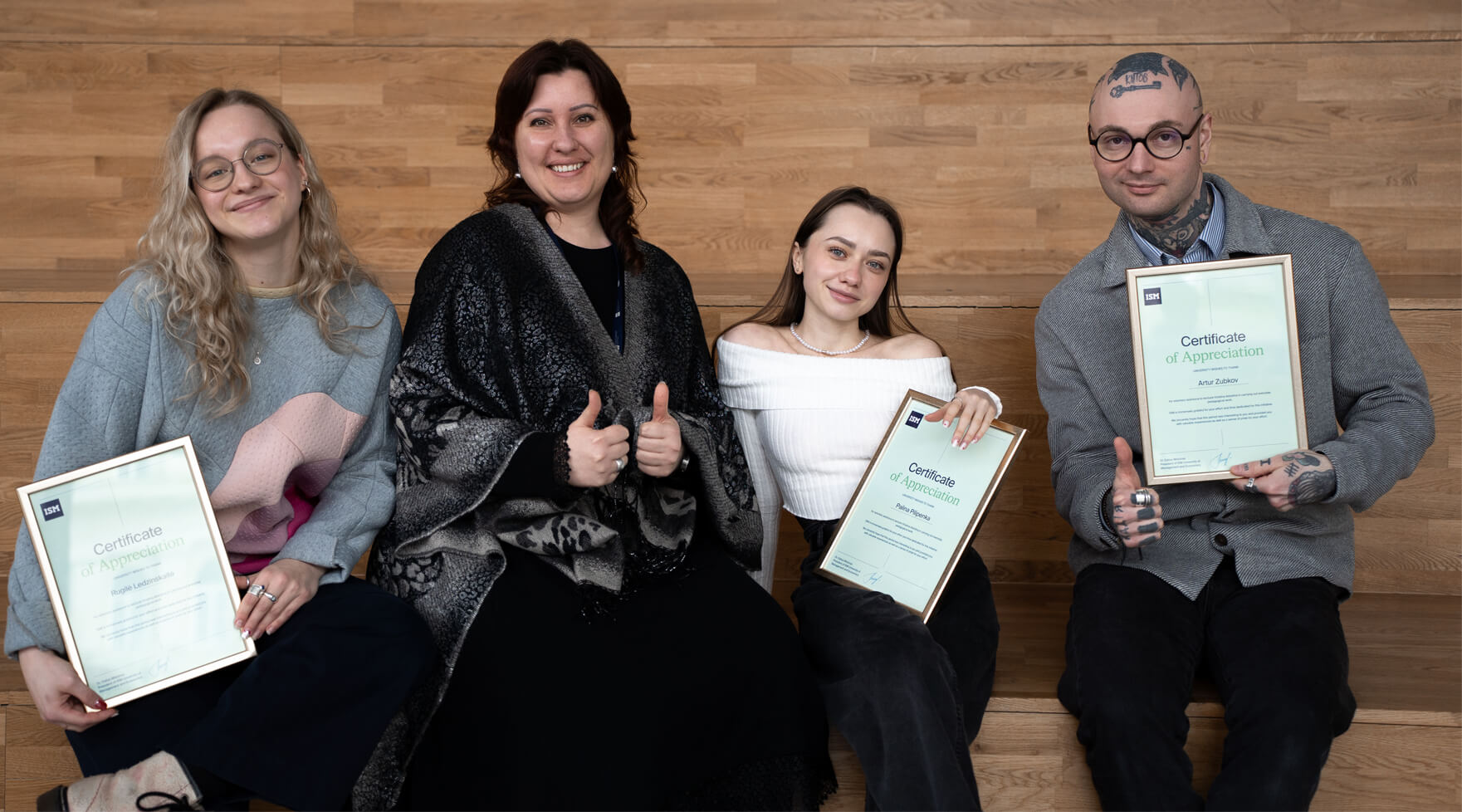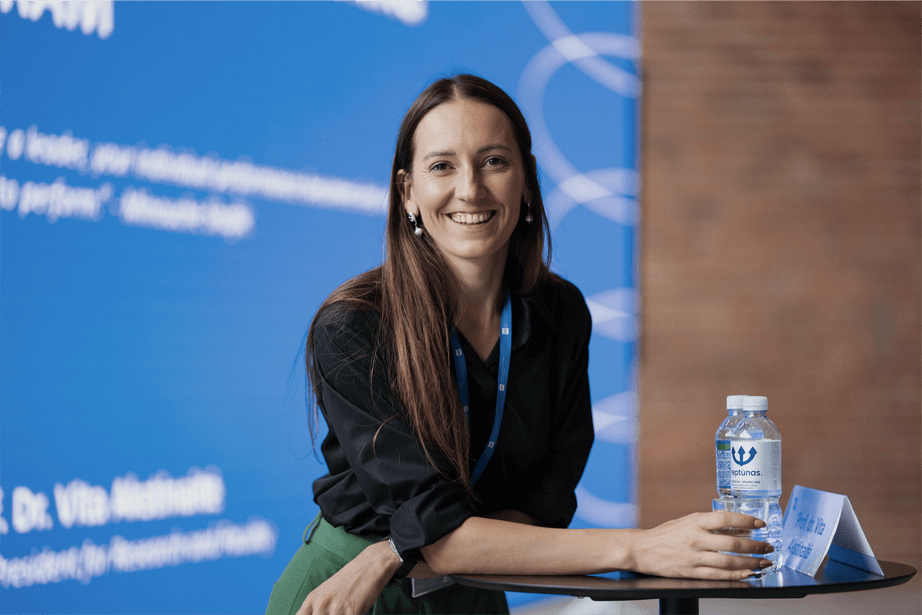While the Covid-19 pandemic has put a lot of stress on the personal finances of many European citizens, it has also highlighted the importance of financial education. According to "Standard&Poor's Ratings Services" and other international studies, the financial literacy knowledge and skills of the Lithuanian population are rather average. Although progress is noticeable in this area, experts agree that growth should be faster, and the greatest attention should be paid to youth education.
Financial literacy is the ability to understand and effectively use various financial skills, including managing personal finances, budgeting, and investing.
The World Economic Forum ranks financial literacy as one of the basic literacy skills, such as reading and writing, and in the European Union financial literacy is one of the highest priorities in education. However, according to the OECD/INFE 2020 international study on adult financial literacy, around half of EU adults do not have a good enough understanding of basic financial concepts.
Denmark, Germany, Sweden, and the Netherlands are considered the most financially literate countries in the EU. It is estimated that the share of financially literate residents is at least 65 percent. In 2021, a study initiated by the Lithuanian Banks Association showed that the financial literacy index in Lithuania goes up to 45 points. This is just two points more than in 2019, so despite the obvious progress, changes could be faster. Experts agree that the key to financial literacy is educating all population groups, but the focus should be on young people.
The financial literacy of young people is improving, but there is a long way to go
One of the most well-known and influential international studies assessing the financial literacy of young people is the OECD's international survey of 15-year-olds, known as PISA. The knowledge of Lithuanian fifteen-year-olds was studied for the first time in 2015. At that time, 31.5 percent of Lithuanian fifteen-year-olds who participated in the study did not reach the basic level of financial literacy. Obvious progress was made in 2018: Lithuania ranked at 8th-10th position out of the 20 countries included in the study, surpassed Spain, Slovakia, Italy, and Bulgaria and came closer to the OECD average.
According to Tadas Šarapovas, a professor at the ISM University of Management and Economics, it would be difficult to claim that the positive changes are systemic yet.
"The growth of financial literacy among young people is a very complex process, at the center of which is education, understanding of the main economic and financial laws, phenomena, and key terms. It is true that there is an increase in the number of various projects and events, both at the institutional and NGO level, where the public can deepen and test their knowledge both theoretically and practically. At the same time, such initiatives as the National Economics Olympic Games for students, the Economics Olympic Games for students of the ISM University, and the national economics exam organized by the Lithuanian Free Market Institute is gaining more and more interest, which shows the growing public interest in finance and economics," says Šarapovas.
What can we learn from Estonians?
In the already mentioned PISA survey in 2018, Estonians took first place. The average financial literacy of Estonian teenagers was higher than that of all other countries that participated in the study. 95 percent of the Estonian participants reached the basic assessment level. Commenting on the results, the then Minister of Education and Science of Estonia, Mailis Reps, emphasized that what distinguishes Estonia from other countries is the integration of financial literacy into other lessons, such as natural sciences or civic education.
According to the ISM professor, in order to improve the level of financial literacy of Lithuanian teenagers, the integration of finance and economics topics into educational programs could be one of the measures. Equally important is the cooperation between educational institutions and parents, as well as the development of the competencies of educators themselves, keeping pace with innovations not only in the fields of finance but also in the fields of technology, knowing how to encourage children and young people’s interest in the topics of financial management and investing from an early age.
"This is a complex issue, which is influenced by educational institutions, the family, and society. In order to improve financial literacy, I would single out two most important components - theoretical and practical. Let's start with formal education - at least with a part of compulsory lessons focused on financial literacy, we could reach the entire contingent of schoolchildren. Practical experience is no less important. The more opportunities to be responsible for one's own money, and to understand what it means to save, spend and borrow one has, the stronger one's understanding is of how best to act in relation to one's priorities. It is important for a young person to experiment and to feel the consequences of his or her decisions," Šarapovas believes.
The professor points out that every year there is an increasing interest from the students themselves in the topics of financial literacy and initiatives related to them. The economic and financial literacy competition "ISM FLOW" organized by ISM is an example of such an initiative. Its purpose is to develop students' financial literacy competencies and to promote interest in financial literacy topics. All students from grades 9-12 can participate in the competition. Due to its growing popularity every year, the competition has been expanded this year and will be held in two stages: a selection round in schools and a final round at ISM University. In the first stage, students will be asked test questions on various topics of economy, business, and personal finance, and in the second stage, the tasks will require practical application of their knowledge. The first stage of the competition will take place on February 25.

